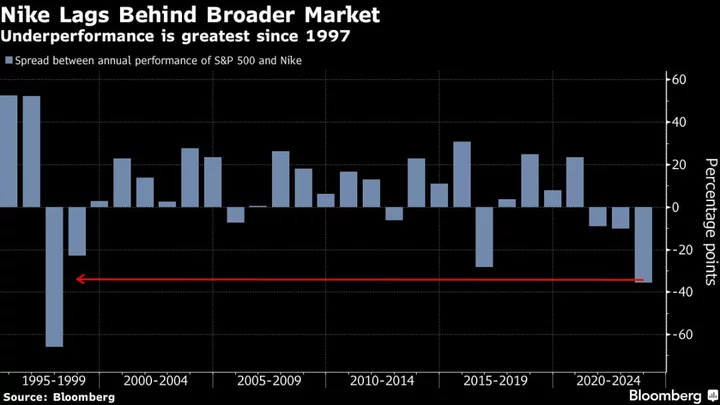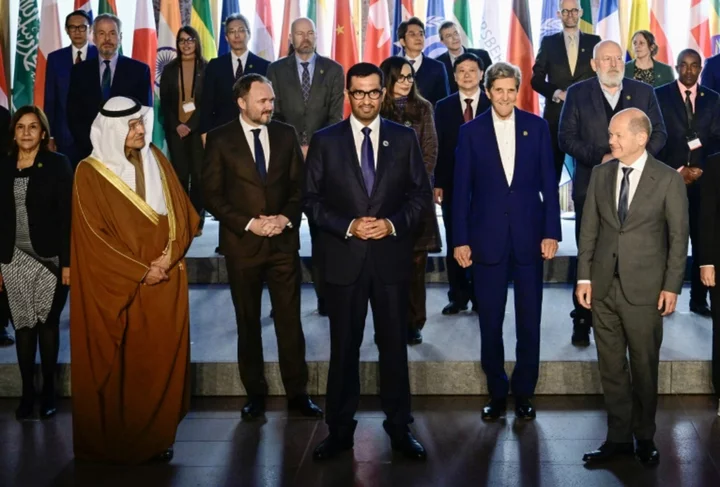For a region that lives and breathes soccer like South America, FIFA’s 2030 World Cup announcement could only be seen as a disappointment.
Only three games of the World Cup will be played in Argentina, Uruguay and Paraguay after the nations pitched to host the 2030 event together as a commemoration to the 100th anniversary of the World Cup, which first took place in Montevideo. Governing body FIFA said on Wednesday that Morocco, Portugal and Spain will jointly host the world’s most-watched sport event, with the South American nations only getting a match each.
Read More: Football’s World Cup Is Coming to North Africa for First Time
While FIFA heralded the decision as a novel way of hosting the World Cup on three continents and six countries, the South American countries’ failure to win a full tournament reflected their political volatility and infrastructure shortages. In sports, where money talks, it’s hard for the region to compete.
Argentina may be the reigning world champion and have arguably the best player in history in Lionel Messi, but its economy is in tatters, with inflation above 120% and no access to international credit markets. That’s a key drawback because World Cup tournaments typically require billions of dollars in infrastructure and logistics spending — as seen in the 2022 Qatar tournament — and deep political commitment.
“It was impossible to get the votes, it was impossible to get the investment to do a World Cup of this scale,” said Argentina soccer chief Claudio Tapia, who argued that getting the opening games was still a triumph for the region.
Yet FIFA was criticized for its selection of Qatar as the host of last year’s World Cup for prioritizing financial gain over the fan experience, and international visitors fell short of projections, at least in the early rounds. In Buenos Aires, meanwhile, more than 5 million people took to the streets to celebrate Argentina’s victory.
“People LOVE attending matches in these countries. Want an immaculate stadium with great logistics? Fine, go to Qatar,” Brian Winter, editor-in-chief of Americas Quarterly, wrote in a post on X. “Congrats FIFA for screwing up yet again.”
Brazil’s problems in organizing the 2014 World Cup may also have played a role in FIFA’s decision.
At the time, Brazil decided to build or refurbish 12 different venues at a huge fiscal cost, with the projects subsequently being the focus of several corruption investigations and scandal. In an iconic case of the mismanagement, a landmark stadium in Brasilia ended up costing about $800 million.
With the capital city lacking of a professional soccer team of its own, the stadium ended up being used for everything from country-western concerts to weddings and a temporary health center during the Covid-19 pandemic.
Read More: ‘White Elephant’ World Cup Stadiums Find New Purpose in Pandemic
--With assistance from Simone Iglesias.









